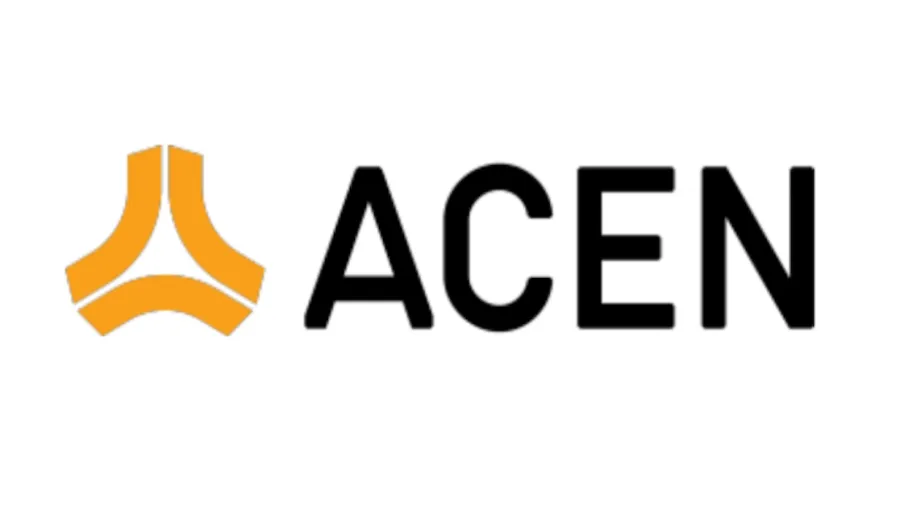
Philippines’ ACEN net income jumps 22% YoY to $101.6m in 2021
It plans to invest around $1.1b to expand its renewables portfolio.
Philippines-based ACEN net income reached around $101.6m (P5.3b) in 2021, posting a 22% year-on-year (YoY) increase from P80.5m (P4.2b) in 2020, due to its new operating capacity and strong demand for power.
In a disclosure, the listed energy platform of the Ayala Group said that its revenues also increased by 27% YoY reaching around $500.5m (P26.1b) in 2021, from $393m (P20.5b) in 2020.
ACEN said the strong growth in generation output from the around 700 megawatts of new capacity has driven the company’s robust performance.
Its attributable output also increased by 21% to 4,633 gigawatt-hours (GWh) in 2021 from 3,818GWh in 2020 from new operational projects. It also said that it was driven in part by the 23% increase in generation from renewable energy sources.
The energy firm’s output also increased across technologies and geographies after the resurgence of demand, with 24% growth in international output and 20% rise from its local assets.
“As the Philippines and the Asia-Pacific region recover from the pandemic’s peak, the energy sector continues to experience strong demand for power. ACEN’s robust 2021 financial operating results reflect our ability to benefit from this,” ACEN President and CEO Eric T. Francia said.
“Our focus on aggressively expanding the company’s renewable energy portfolio will allow us to meet the power challenges in both our home country and in regional markets in an environmentally sound and socially responsible way,” he added.
For 2022, the company is planning to invest around $1.1b (P55.5b) for its renewables portfolio expansion, increasing by 66% from the $643.7m (P33.1b) investment last year.
The amount will be used for new development capacity in the Philippines to address power supply woes, and will also fund the construction of ACEN’s 521-megawatt (MW) New England Solar Farm in Australia and 420MW Masaya Solar Farm in India.
ACEN is currently constructing a 484MW of new wind and solar capacity in the Philippines to address supply challenges. In October, it started the operation of the 150MW Ingrid Quick Response Plant in Municipality of Pililla in Rizal province, and issued notice to proceed for the construction of the 283.7MW San Marcelino Solar Farm in Zambales province.
In November last year, it secured feed-in tariffs for around 320MW of wind power projects in Vietnam, on top of the 270MW of existing operating attributable solar capacity in the country. It has also acquired 49% stake in Solar NT, is a subsidiary of Thailand’s SUPER Energy Corporation PCL, which operated 837MW of solar plants in Vietnam.
$1 = P52.15








![Cross Domain [Manu + SBR + ABF + ABR + FMCG + HBR + ]](https://cmg-qa.s3.ap-southeast-1.amazonaws.com/s3fs-public/styles/exclusive_featured_article/public/2025-01/earth-3537401_1920_4.jpg.webp?itok=WaRpTJwE)
![Cross Domain [SBR + ABR]](https://cmg-qa.s3.ap-southeast-1.amazonaws.com/s3fs-public/styles/exclusive_featured_article/public/2025-01/pexels-jahoo-867092-2_1.jpg.webp?itok=o7MUL1oO)









 Advertise
Advertise


